UN envoy not allowed to visit Rakhine conflict zones
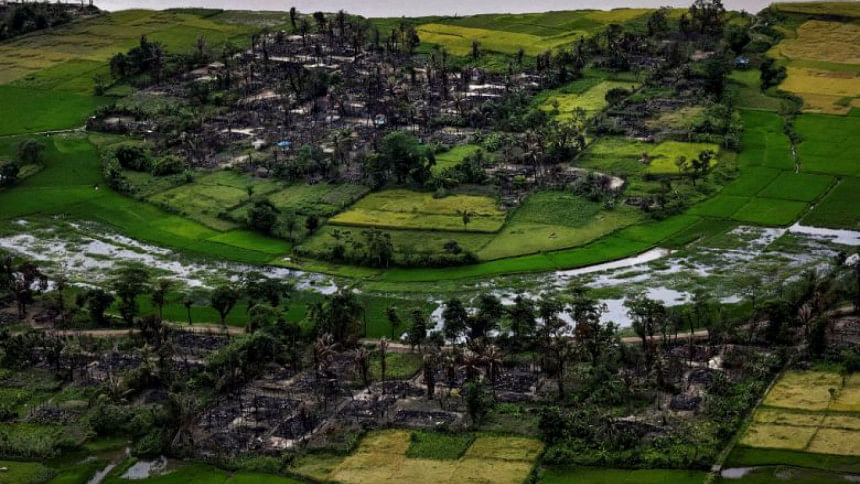
Myanmar reportedly did not allow Christine Schraner Burgener, UN special envoy for Myanmar, to visit the conflict zones in northern Rakhine State on Tuesday, citing safety concerns.
U Mya Than, deputy speaker of the Rakhine parliament, said she was not allowed to visit to Maungdaw township and refugee camps in Buthidaung township because of government fears for her safety, reported Myanmar Times today.
The deputy speaker, who met the UN envoy, said Burgener asked the parliament to urge the state government to allow her to visit the refugee camps.
“She told me that she wanted to go to the camps and give aid to the refugees but the government would not allow it. I explained to her about the security risk of going to these areas,” he told Myanmar Times.
He added that the special envoy focused the discussion on the clashes between the Tatmadaw (Myanmar military) and Arakan Army (AA) and the refugees, and did not bring up the repatriation of over 700,000 refugees from northern Rakhine who are living in crowded temporary camps in neighbouring Bangladesh.
“She urged parliament to push the government to try to stop the fighting as soon as possible and to allow UN organisations to visit the camps,” U Mya Than said.
Maungdaw township official U Myint Khine said, “Senior officials had concerns about her safety, but I think the security situation is under control here.”
According to U Mya Than, the special envoy stayed in the state capital of Sittwe yesterday and is likely return to Yangon today.
A Foreign Affairs Ministry official said Burgener will meet the ministers of Social Welfare, Relief and Resettlement, among others, and visit the State Counsellor’s Office.
Burgener arrived in Myanmar on Saturday and may spend a week in the country. She last visited Myanmar in October, when she toured several refugee camps in Rakhine and relocation sites in Kyauktaw, Buthidaung, Maungdaw and Sittwe.
She also met local civilian and military authorities.
The government banned international aid agencies from visiting conflict zones in northern Rakhine following attacks by the AA on four border police outposts in Buthidaung on January 4 this year that killed 13 officers and wounded nine others.
Only the International Committee of the Red Cross and the World Food Programme are allowed to operate in the area.
International non-governmental organisations with operations in Myanmar yesterday called on the government to allow aid groups to enter the conflict zone.
“Humanitarian access is now extremely restricted in five key townships where violence and resulting displacement has been most pronounced,” the groups said in a joint statement.
“Without effective and ongoing access, the ability of local and international organisations to provide life-saving assistance to all conflict-affected communities in central and northern Rakhine is seriously compromised.”
“We commend Rakhine civil society organisations, the Red Cross movement, and other agencies already responding to the urgent needs of displaced and other affected people,” it added.
“We are however very concerned that this response will not be sufficient to meet the humanitarian needs of an estimated 5,000 people now displaced in Buthidaung, Kyauktaw, Ponnagyun and Rathedaung, with further fighting and displacement expected.”
The group expressed deep concern for displaced communities and others affected by the surge in the fighting.
“We condemn the violence and call on all sides to show restraint and ensure the protection of civilians,” the statement said.
Myanmar State Counsellor Daw Aung San Suu Kyi has ordered the military to crack down on the AA, according to a government spokesman.

 For all latest news, follow The Daily Star's Google News channel.
For all latest news, follow The Daily Star's Google News channel. 

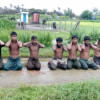
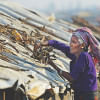
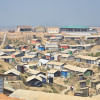

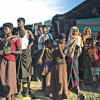


Comments